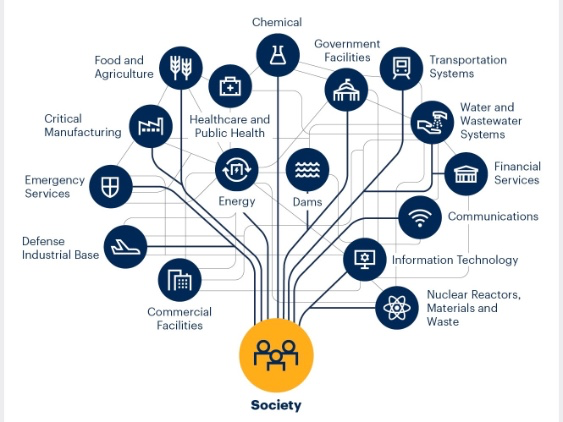- Cybersecurity expert Dean Gefen warns the threat of cyber retaliation against US infrastructure is immediate and not theoretical.
- He highlights cyber retaliation’s attributes: low‑cost, deniable and scalable, amid rising tensions after US strikes on Iranian nuclear sites.
What happened: Expert flags real cyber retaliation
Cybersecurity expert Dean Gefen, CEO of the workforce development firm NukuDo, warns that cyber retaliation targeting US infrastructure is no longer theoretical. He says this threat emerges amid heightened geopolitical tensions following recent US attacks on Iranian nuclear sites.
Gefen explains that cyber retaliation has become a go‑to tool in asymmetric warfare because it is low‑cost, deniable, and scalable. He adds that state‑backed actors or hacktivist groups could quickly launch disruptive digital strikes on critical services, such as energy grids and transportation systems. He urges US infrastructure operators to adopt stronger defenses.This warning was issued today by Gefen, who stresses that the threat isn’t hypothetical—it is imminent.
Also Read: Tehran cuts global internet by 97% to counter cyber threats
Also Read: Iran bans officials from using internet-connected devices
Why it‘s important
First, from a policy angle, this warning highlights a critical need for updated defense strategies in the US. If cyber retaliation is cheap and deniable, federal regulators and agencies like CISA and DHS must consider enforcing mandatory cybersecurity standards across infrastructure sectors. Absent action, national resilience may remain weak and reactive.
Second, from an industry standpoint, utility operators and transportation providers must increase investment in threat detection and incident response. As Gefen notes, cyber attacks can scale quickly with minimal cost, threatening to disrupt daily life. Proactive partnerships between private firms and government cyber‑response teams will be crucial to closing defense gaps.
Third, from a societal perspective, citizens should realize that modern warfare is no longer confined to battlefields. A cyber‑triggered blackout or transport halt could affect millions. Public awareness and preparedness—like emergency protocols and fallback systems—will help reduce panic if critical services are disrupted.

